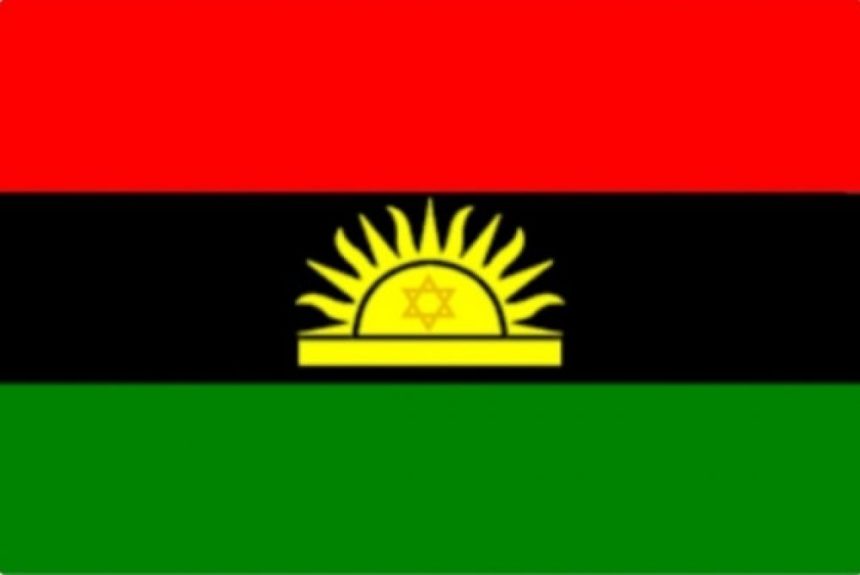The Indigenous People of Biafra (IPOB) has strongly opposed the Federal Government’s proposal to establish cattle ranches in Abuja and across the country, warning that the initiative is a veiled attempt at land acquisition under the guise of national agricultural development.
In a press statement released on Tuesday, IPOB spokesperson Emma Powerful described the move as a repackaged version of the controversial RUGA settlement scheme, which had previously sparked widespread public backlash. He alleged that the ranching proposal could result in the displacement of indigenous communities and further marginalization of minority ethnic groups.
“The proposal is not only insensitive but represents a dangerous precedent for land ownership, identity, and cultural survival,” Powerful stated. “It is unacceptable that, in a modern Nigeria, cattle infrastructure is being prioritized over pressing issues like education, security, and innovation.”
Citing Abuja as ancestral land of the Gbagi people, IPOB argued that the federal initiative risks eroding the rights of native communities. “To dispossess the Gbagi through executive action is an affront to justice and heritage,” the statement added.

The group also drew comparisons with urban planning in other nations, questioning why ranches would be sited near a nation’s capital. “No serious country permits permanent cattle settlements near its seat of power,” Powerful noted, referencing cities such as Nairobi, São Paulo, and New Delhi.
Reaffirming its stance against any form of settlement for herders in the South-East, IPOB warned that no part of Biafraland would be ceded for livestock corridors, grazing routes, or ranches.
“Our forests, villages, and farmlands are not commodities for federal bargaining. Any policy that ignores the rights of indigenous populations risks plunging the nation into deeper conflict,” the group stated.
IPOB also called on the government to adopt more modern solutions to livestock management, such as the use of rail transport for cattle, and urged national leaders to pursue policies that promote inclusivity and equity.
The statement concluded with a call for unity among ethnic groups resisting policies perceived as encroachments on their lands, adding, “Nigeria must choose reason over ruin. The time to uphold justice and preserve our diversity is now.”



